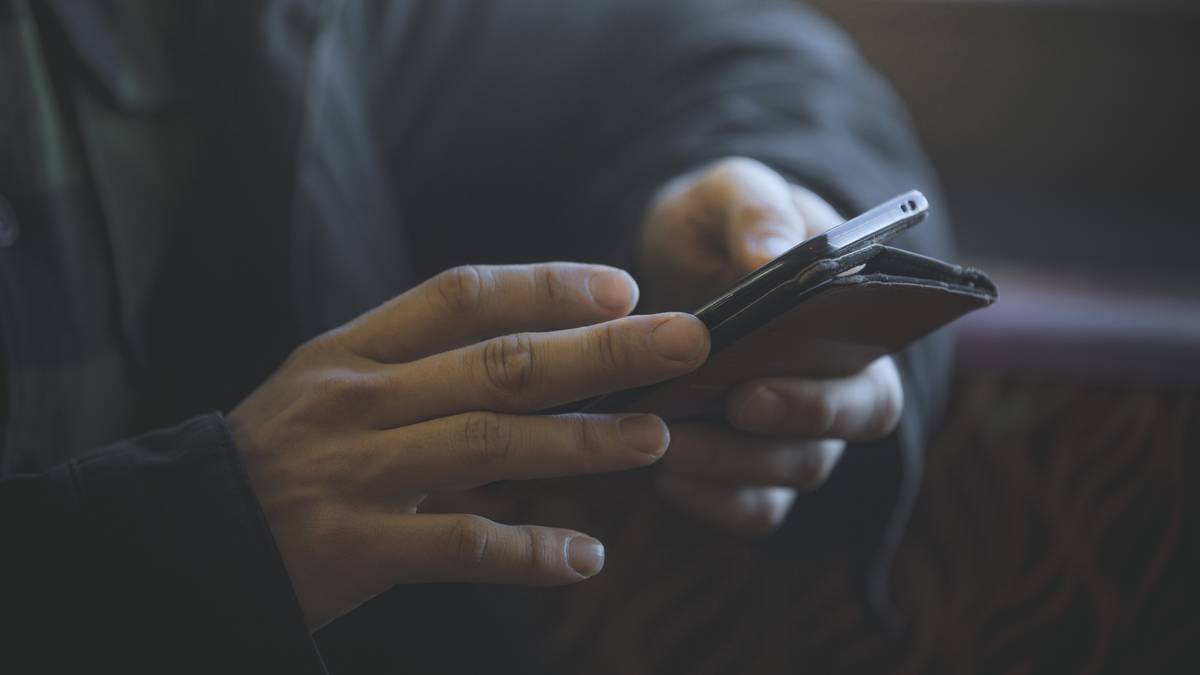Some scammers trawl social media for profiles to impersonate, then pose as the victim, hawk goods online, and request bank deposits. Photo / Getty Images
Kiwis have been targeted in a scam where fraudsters clone real Facebook profiles and ask for bank account deposits.
The scam involved people copying a real Facebook user’s name and photograph.
In one recent local
case, the scammer used the fake profile to try to sell products online and ask for a bank deposit.
The alleged scammer messaged a prospective buyer with a New Zealand bank account number.
The goods were marketed in a Wellington Facebook group and the bank account used appeared to be for a Westpac Albany branch.
The scam victim lived in a different region entirely.
Westpac NZ head of fraud and financial crime operations Peter Barnes said if someone suspected a Westpac NZ account was being used in a Facebook Marketplace fraud or scam, they should contact Facebook and NZ police.
“When we receive reports of this kind we assess them on a case-by-case basis. If we found an account was being used to facilitate fraudulent activity we would take appropriate action. This may include closing the bank account down.”
Barnes added: “Scams have become increasingly sophisticated and we recommend customers contact us as soon as possible if they suspect they have been scammed and encourage everyone to learn more about the warning signs on our website.”
The Facebook scam victim’s picture was used in a marketplace group but a Facebook search showed the profile for the legitimate person had a different URL.
Although in this case the cloned profile was used to ostensibly try to sell products and demand deposits, imposter profiles could also be used to trick victims into handing over personal information.
Cybersecurity agency Cert NZ said “buying and selling” scams cost New Zealanders $1.7 million last year.
“Impersonation of accounts on Facebook and other social platforms is a common form of scam. It preys on people believing they are helping their friends or they are getting a deal,” a Cert NZ spokesperson said.
“To protect yourself from being taken in by a scam like this, remember to stay vigilant. Don’t believe everything you see online, so take a second to pause and think if the message seems legitimate or not.”
The agency advised people to check how long the account had existed, as imposter accounts were usually very new.
“Scammers will often try to pressure you into hurrying, this should be an immediate red flag.”
And if the Facebook user was pretending to be a friend or family member, they should be contacted through another means to verify identity.
“Protecting yourself from being impersonated is a little bit harder as you will need to have your privacy settings locked down so only family and friends can see your content,” Cert NZ added.
“Social media is set up to encourage you to be as public as possible, but stopping strangers from seeing your images and profile will help keep the imposters at bay.”
Netsafe has previously said scam Facebook pages often looked legitimate.
“If they have a Facebook page you should look at the reviews on the page to see if previous customers have had problems with them,” Netsafe added.
FOR HELP:
Cert NZ: Individuals, small businesses can report a cyber attack, get advice: www.cert.govt.nz
Financial Markets Authority: https://www.fma.govt.nz/scams/
Privacy Commissioner: Complaints about privacy breaches. 0800 803 909 or privacy.org.nz/your-rights/making-a-complaint/
ID fraud: Department of Internal Affairs advice: dia.govt.nz/Identity – Are-you-a-victim-of-identity-theft
IDCare: Backed by the Ministry of Justice and its counterpart in Australia. Assistance freezing your credit record, regaining control of your online identity after an ID theft: idcare.org
Netsafe: Report online bullying, hate speech, dangerous content: netsafe.org.nz
NZ Police: Report cybercrime online scams, online child safety issues: police.govt.nz/advice-services/cybercrime-and-internet
Dept of Internal Affairs: Report spam, banned content, child exploitation: dia.govt.nz/About-the-Digital-Safety-Group



















